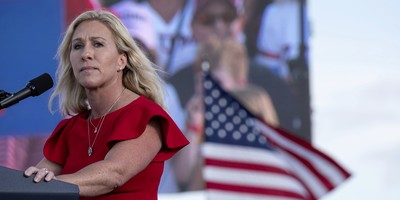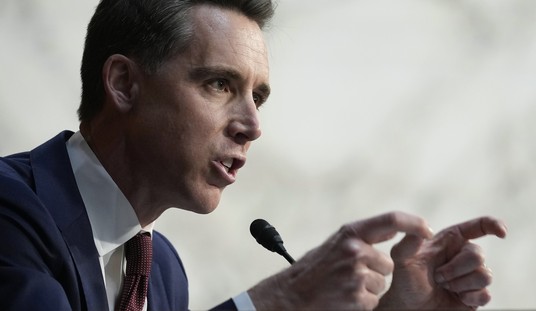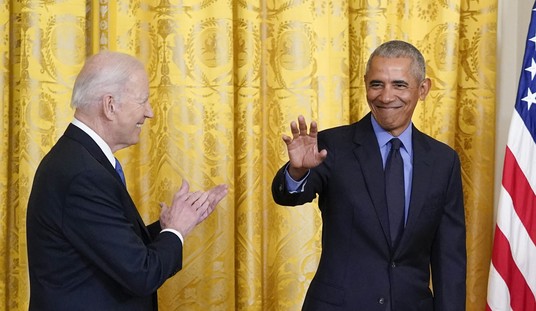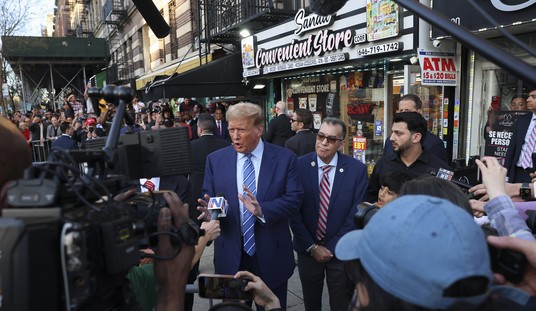An important new book has recently been published which addresses the question of global poverty, but does so by provoking the reader to also consider our own nation and demand that we better understand ourselves and the wellsprings of our own success.
Two evangelical Christians have teamed up, one an economist and one a theology professor, to write “Poverty of Nations: A Sustainable Solution.”
The economist is Barry Asmus, senior economist at the National Center for Policy Analysis. The professor is Wayne Grudem, research professor of theology and biblical studies at Phoenix Seminary.
There is no question more perplexing than “Why are some nations poor and some rich?”
What accounts for the astounding success of our nation, at the same time the world’s most prosperous but also, at just 227 years old, one of the world’s youngest?
The mystery of the nature and sources of wealth and poverty is far from new, and Asmus and Gruden survey the vast literature dealing with this most basic question . They also review the long experience of attempts by governments to design policies to alleviate and eradicate poverty in their own country and in others.
In the end, the picture that emerges appears quite clear. Over thousands of years of human experience, going through economic arrangements such as tribalism, slavery, feudalism, mercantilism, socialism and communism, and welfare statism, no arrangement can compare in creating new value, production of goods and services, and prosperity, like the free market.
However, despite the success of free market economies, they are regularly subject to political challenge because of the ongoing human desire to understand the “ghost in the machine,” so to speak, and control it and its outcomes. How does it work? How does this prosperity happen when no one seems to be in charge, and when there seems to be no place to turn to see who designed and is running it all?
Recommended
The authors help the lay reader understand key aspects of free markets that make them work so well – ownership and private property, the vital information conveyed by prices in the marketplace and profits and losses of business, specialization and competition, and creativity and entrepreneurship.
But a key addition they add to the equation is what is often forgotten, ignored, or dismissed in discussions about free market economies.
That is the importance of individual virtue.
The book is filled with biblical citations showing that biblical principles and virtue are not just compatible with free markets, but vital to their functioning.
With all the abstract discussions about public policy, with our great ambition to develop “systems”, we tend to forget, incredibly, that the core component of human systems is individual, unique human beings – each a unique universe unto himself or herself.
We should wonder how we have so many discussions about freedom and so few about individual free choice and personal responsibility and the existence of good and evil which make individual responsibility and choice so important.
This important book reminds us of the inseparability of economic freedom and individual virtue and responsibility.
The American civil rights movement was inspired and animated by images of the Bible – the Israelites enslaved in Egypt, their leader demanding “Let my people go.”
But the movement made a grave error to overlook that the reason for the liberation from Egypt was so that that nation could go and receive the law and live according to it, freely, in their own land.
Freedom is more than removal of external barriers of oppression and limitation. It demands individuals personally adopting principles of truth and virtue so that they may govern their own lives and live successfully with others.
The loss of this perspective has cost black Americans economic progress.
Now our whole nation flounders as more Americans of all backgrounds turn to government and political power for answers rather than freedom and personal virtue and responsibility.

























Join the conversation as a VIP Member